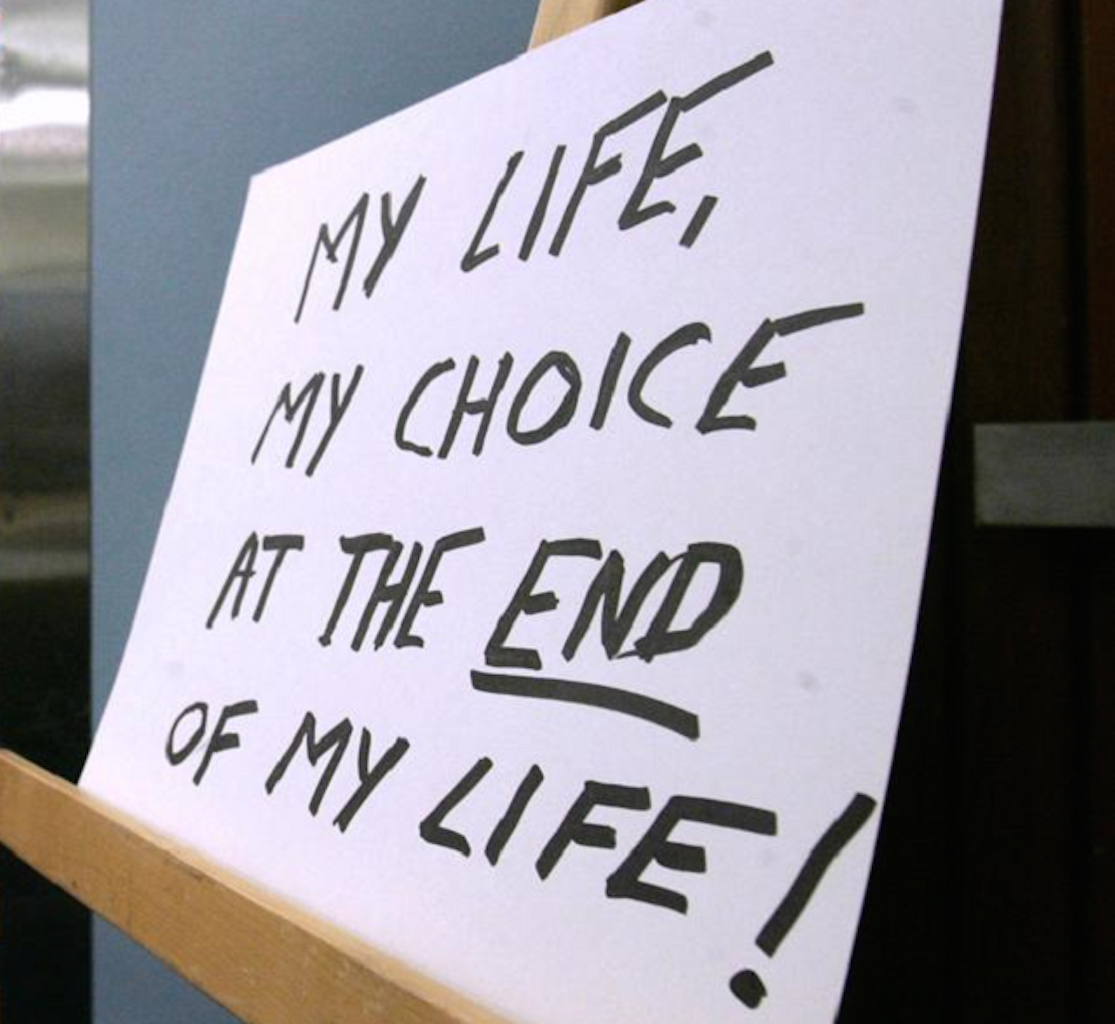Religious activists have too much say over our right to die
The question of assisted dying needs to be discussed rationally and not held to ransom by minority zealots
Catherine Bennett, The Observer (July 05, 2014)
Former archbishop lends his support to campaign to legalise right to die
Carey says assisted dying proposal is way of preventing ‘needless suffering’ and helping terminally ill ‘not anti-Christian’
Nicholas Watt, The Guardian (July 12, 2014)
Church of England seeks inquiry over bill to legalise assisted dying
Bishop of Carlisle says church was ‘surprised’ by former archibishop’s support for Falconer Bill
Nicholas Watt and Shane Hickey, The Guardian (July 12, 2014)
Why I’m in favour of assisted dying
I have spent my life working for dignity for the living. Now I wish to apply my mind to dignity for the dying
Desmond Tutu, The Observer (July 13, 2014)
Assisted dying: change the law so that the terminally ill die with dignity
If the assisted dying bill becomes law, it will put an end to prolonged suffering
Observer Editorial, The Observer (July 12, 2014)
Parliament turns back to the question of assisted dying
The House of Lords is to debate Lord Falconer’s bill aimed at clarifying the law on the right to end one’s life
Daniel Boffey, The Observer (July 13, 2014)
Assisted dying has been legal in Oregon since 1997, but it remains surrounded by taboos
One woman described her husband’s death as ‘beautiful’, but many still believe it is morally wrong
Andrew Gumbel, The Observer (July 12, 2014)
Assisted dying bill must not stall in Lords, urges former lord chancellor
Lord Falconer of Thoroton calls on supporters to vote down any attempt to pass wrecking amendment on sensitive issue
Nicholas Watt, The Guardian (July 13, 2014)
This is an important week for Assisted Dying in England and Wales.
A bill brought forward in the House of Lords by Lord Faloner, and modeled on the Death with Dignity Act in Oregon will be debated this coming Friday, July 18, 2014.
The backstory on this proposed law is long and arduous. It’s also something that Death Ref has been closely following since 2009.
You can catch up on those stories with the Assisted Dying and Death with Dignity tags. You can also look through the Death + the Law category
What is most interesting about the upcoming debate is the sudden inclusion of religion into the discussion, and by individuals who support the bill based on religious beliefs. The articles at the top on former Church of England Archbishop Carey and the personal essay by Desmond Tutu threw significant theological weight behind support for the assisted dying bill.
One of the major differences between the US and UK when discussing assisted dying is the role of religion. In the US, I know quite quickly if a person opposes assisted dying for religious reasons. Interestingly enough, a number of libertarian leaning US Conservatives strongly support assisted dying, but it’s the fundamentalist Christian Conservative community that most vocally opposes it.
In the UK, the theological reasons aren’t that obvious even though religious beliefs often inform how a person thinks. The very first op/ed column by Catherine Bennett highlights how some UK Christian groups that oppose assisted dying make a point of setting aside their theological language in the hopes of not alienating non-religious (or Christian) people.
It’s important to know and understand if an individual is opposed to assisted dying for religious reasons so that you can then have a discussion about theology. Otherwise the discussion is about the law, which is a secular, human invention. The statements of support by former Archbishops Carey and Tutu have made that necessary theological conversation possible.
I’m not entirely sure what will happen this week but the Death Reference Desk will follow the events and post updates.
